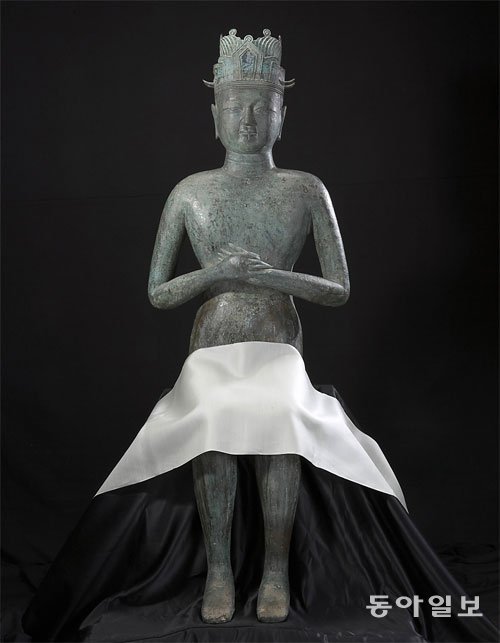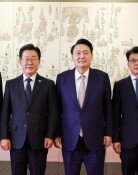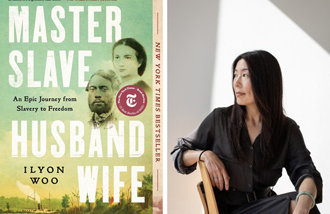History of Goryeo’s wording revised during Joseon dynasty
History of Goryeo’s wording revised during Joseon dynasty
Posted June. 12, 2019 07:43,
Updated June. 12, 2019 07:43

A recent study has found that the Joseon dynasty, affected by toadyism, described the Goryeo dynasty as a kingdom, not an empire, in the making of the “Goryeosa,” which is the History of Goryeo.
Ro Myeong-ho, an emeritus professor at Seoul National University, said that historians have excessively approved the factualness and objectivity of the Goryeosa, failing to properly understand the dynasty’s empire system, in his new book roughly translated as “The characteristics of historical materials in the Goryeosa and the Goryeosajeolyo (Essentials of Goryeo History).”
The Goryeosa, composed during the reign of King Sejong of the Joseon dynasty, is considered one of the most important materials for studying the Goryeo dynasty. It was written according to a Confucian way of recording history, in which compilers are supposed to strictly refer to materials, so it has been deemed to have objectivity. However, Ro noted that there was an intense debate in Joseon’s court over the writing of the Goryeo dynasty’s empire system.
King Sejong sought to adhere to the Confucian principle of recording history when working on the Goryeosa, apparently to leave precedents in relation to the usage of a term “emperor” for forefathers including King Jeongjong and King Taejong.
However, the principle was only partially applied. When the Goryeo dynasty was subjugated by the Yuan dynasty, it was banned to use “an emperor” or “an imperial prince.” The taboo continued to be in place in the early Joseon period, due to tense relations with the Ming dynasty. Jeong Do-jeon (1342-1398), while writing his book “Goryeo Guksa,” revised a term “emperor” to a “king,” under the assumption that calling Goryeo’s king as an emperor was a presumptuous imitation.
The principle also had to be dismissed due to the strong opposition of many officials. As for the amnesty ordinance declared by a monarch of the Goryeo dynasty, officials argued that the expression should be downgraded from “Daesacheonha,” which means “to issue amnesty to the world,” to “Daesagyeongnae,” which is translated as “to issue amnesty within territories.” King Sejong did not use the latter phrase, but decided to eliminate “cheonha” (the world) instead. As such, more exceptions were made to the principle over time.
Ro pointed out that the prejudice still exists that the Goryeo dynasty must not have had the empire system. “Denying the Goryeo dynasty’s ‘emperors’ even by giving them a newly-coined word is part of the bias.”
Jong-Yeob JO jjj@donga.com







